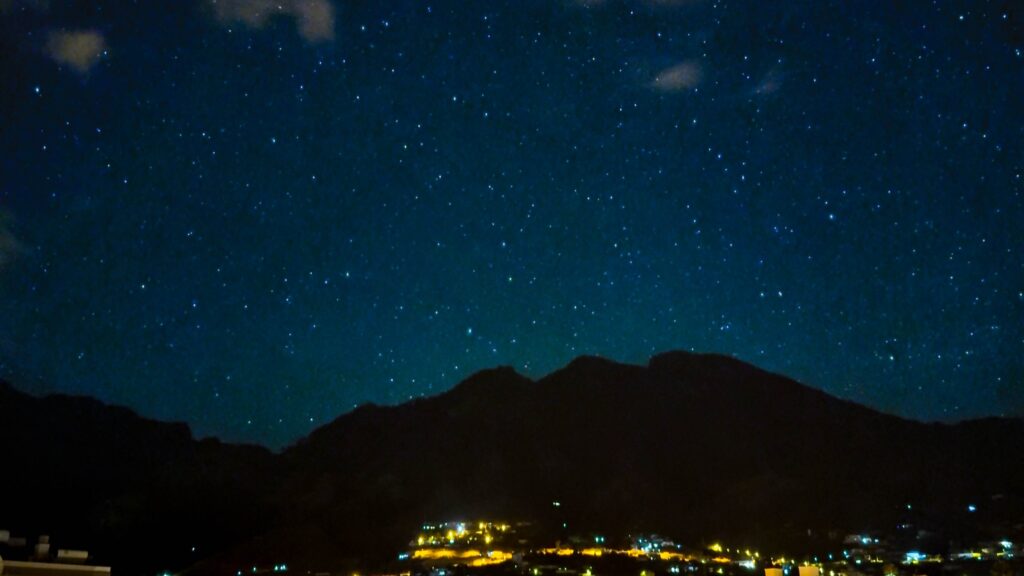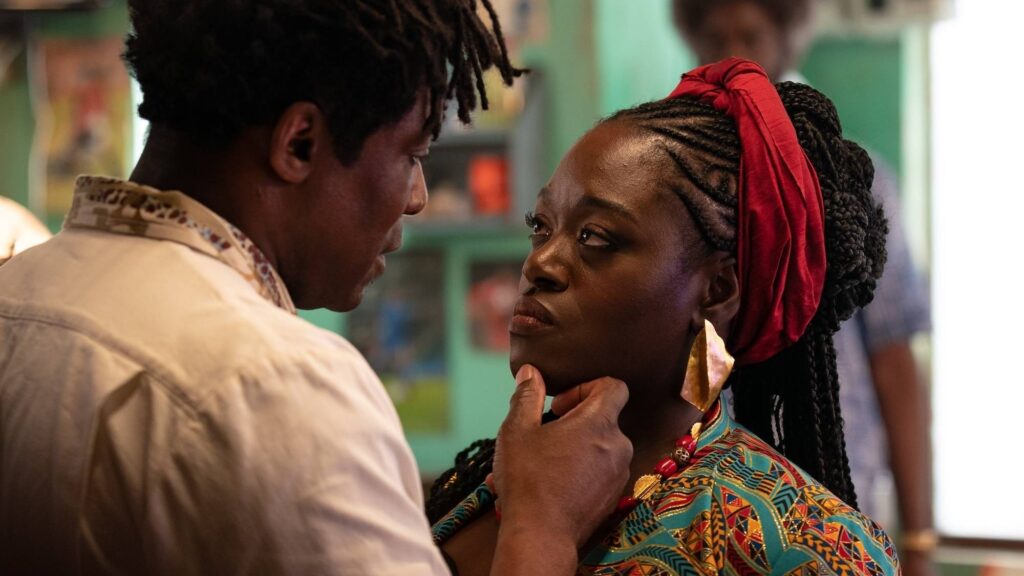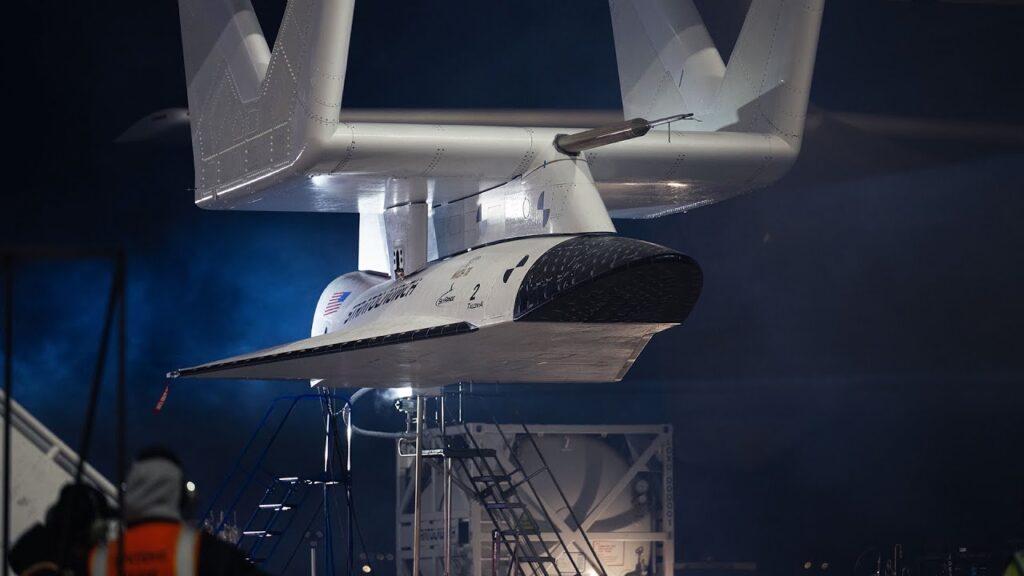
This stunning time-lapse photograph shows the May 15 total lunar eclipse above an astronomical observatory at the South Pole on the backdrop of magnificent auroras and the star-studded polar sky.
The lunar eclipse picture was taken by Aman Chokshi, a PhD astronomy student at the University of Melbourne, Australia, who is currently spending a year working at the South Pole Telescope in Antarctica, which studies microwave radiation emitted by the cosmos as part of the black-hole watching Event Horizon Telescope network.
“Last Monday we were lucky to see a total lunar eclipse from the South Pole,” Chokshi told Space.com in an email. “The moon gradually dimmed and turned orange. It was crazy to see how the sky dimmed and the millions of stars of our Milky Way galaxy emerged. At the peak of the eclipse, a band of glowing auroras surged across the sky. A truly spectacular evening!”
Chokshi (whom you can see in the picture together with a friend waving into the camera from the edge of the roof of the telescope building), took the images that make up this time lapse over a 5-hour period.
Related: Amazing photos of the Super Flower Blood Moon lunar eclipse
Related stories:
“The background image is a single 20-second exposure with a sigma 24-70 millimeter lens, at f/2.8, iso 3200 on a Sony A7RVI, captured at the peak of the eclipse,” Chokshi said. “The array of moon images were captured with an old sigma 400mm film lens, on a Sony A7S, on a skywatcher star adventurer tracker. The final composite image contains images of the moon every four minutes.”
It took some courage and resourcefulness for Chokshi to take the images. The South Pole, currently nearing the peak of the winter period, is submerged in permanent darkness, and the polar expeditioners have to put up with some of the most extreme weather conditions one can experience on Earth.
“We had a sustained wind of 15-20 knots, which brought the ambient temperature of minus 60 degrees Celsius [minus 76 degrees Fahrenheit] to minus 80 degrees C [minus 112 degrees F] with windchill,” Chokshi said. “Both cameras had to be housed in special heated foam boxes which I made, to prevent them from freezing.”
For more stunning South Pole and astronomy photography, follow Chokshi on Instagram @aman_chokshi (opens in new tab)
Editor’s Note: If you snap an amazing photo of the moon or any other night sky sight and would like to share it with Space.com’s readers, send your photo(s), comments, and your name and location to spacephotos@space.com.
Follow Tereza Pultarova on Twitter @TerezaPultarova. Follow us on Twitter @Spacedotcom and on Facebook.


